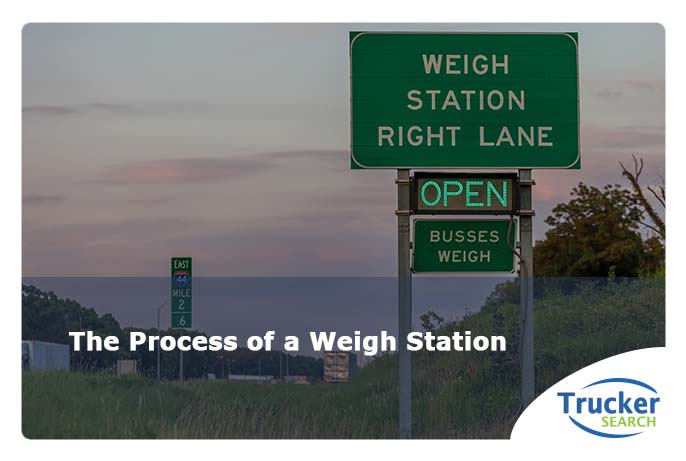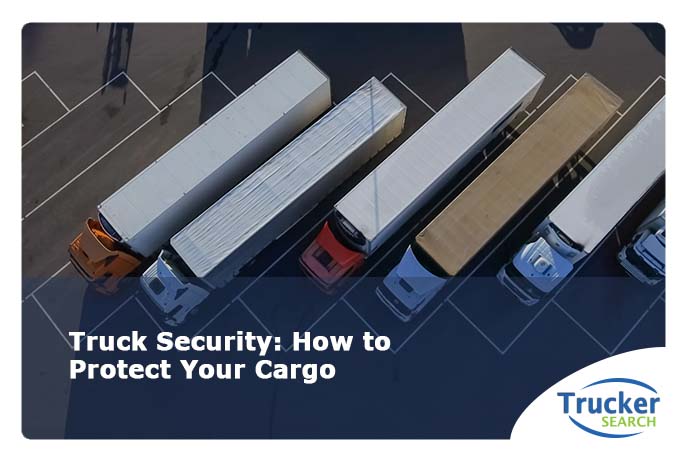Stopping at a weigh station is inevitable when you are a professional truck driver. You might think this is an inconvenience, but weigh stations provide an important purpose in making sure that everyone on the road, including yourself, is safe. Knowing how a weigh station operates will allow you to prepare for the experience, and hopefully stop a small inconvenience from becoming a big one.
What Happens at a Weigh Station?
One of the most important roles of a weigh station is to decide whether the truck is overloaded. Your truck might be assessed by its axle or the whole truck might be measured. Weigh stations will either have a rolling scale that allows you to keep your truck moving while it is being weighed, or a scale that requires you to stop. If it is determined that your truck is too heavy, you could be waylaid at the weigh station until arrangements are made for another truck to take the extra weight.
Besides weighing your truck, it is possible that officials will check your electronic logging device (ELD) to make sure you are following the applicable hours-of-service laws. Officials could also complete an inspection of your truck’s equipment to make sure it is in safe working condition. Equipment that is subject to a safety inspection includes, but is not limited to:
- Brakes
- Fuel tanks
- Kingpin
- Rims/wheels
- Springs
- Tires
- Tubing/hose
Finally, officials could also check to ensure your truck is not leaking fluids such as antifreeze, oil, or fuel. If your truck fails the inspection, it could be taken off the road until the problem is adequately fixed.
What is the Weigh Station Procedure?
As you are driving on the interstate, keep a lookout for signs that inform you of a weigh station coming up. These signs include information on whether it is open or closed. If it is closed, you do not need to stop. However, if it is open there might be a speed limit sign telling you the speed you need to be going upon your approach.
If there are other trucks waiting in line, you will have to join the line and wait your turn. Signs and/or weigh station personnel will inform you of the instructions to follow. It is vital that you take note of the posted speed limit as you drive over the scale and the instructions for stopping and/or slowing. If you do not do so, it could cause unnecessary delays and inconvenience for everyone.
After your truck is weighed, the next step is the inspection of your equipment and checking your ELD. If equipment is found to be missing or faulty, a more detailed inspection will occur. Problems with your log data can also result in major delays. However, if everything is in order the inspection and weighing should not last long. To make sure your log stays accurate, officials at the weigh station will enter your DOT number into a computer system and complete a check of your safety rating.
How to Make the Process Go Smoothly
The sensible thing to do is to perform an inspection yourself prior to hitting the road. Although it is always possible for problems to occur on the road, making sure your cargo weight is below the limit and everything is in order when you start out can stop delays later. Also, make sure you are courteous and professional while engaging with weigh station personnel. Being rude or argumentative will not make the process go any faster, but it can make the experience unpleasant for everyone.
Whether you are a seasoned truck driver or just starting out, the thought of stopping at a weigh station can be overwhelming and stressful. If you have questions regarding weight stations, please contact the staff at Trucker Search toll-free at (888) 254-3712. We would be glad to answer any questions!


